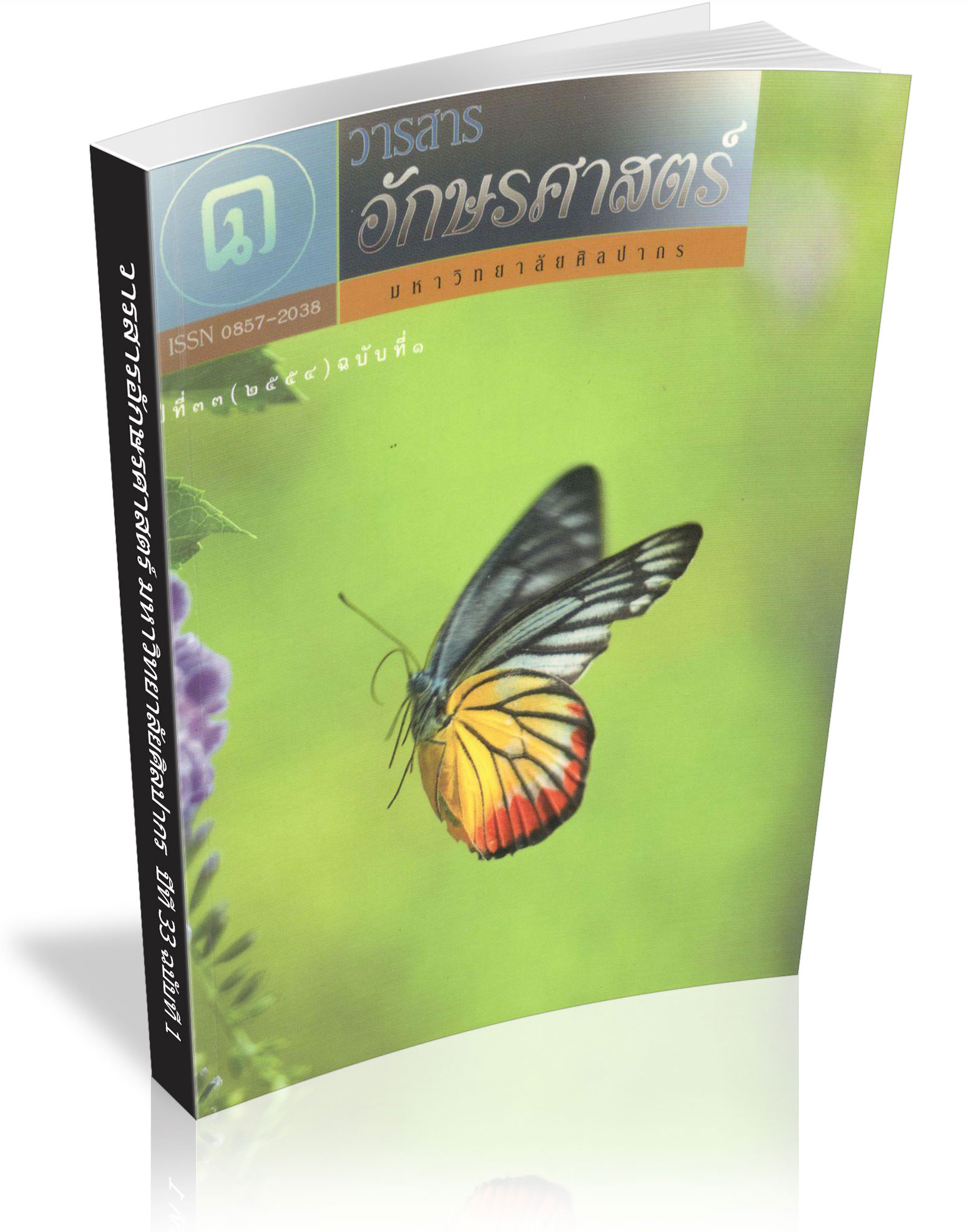Decolonizing the Mind in Gita Meta's Karma Cola : Marketing the Mystic East
Keywords:
Gita Mehta, travel writing, cultural interactions, neo-colonization, postcolonial literature, spirituality, IndiaAbstract
This paper applies Bill Ashcroft, Gareth Griffiths, and Helen Tiffin's idea of “abrogation and appropriation” as strategic techniques commonly found in postcolonial literature in analyzing Gita Mehta's Karma Cola Marketing the Mystic East (1979), which captures the cultural interaction between Indians and Western travelers, especially during the West's spiritual quest in the 1960s. It argues that Mehta deploys these techniques to critique two features usually found in Western discourses : 1) travel writing and 2) binary thinking, which underpins the West's perception of itself in relation to the other parts of the world. In so doing, Mehta not only criticizes the West's oppression of India but also condemns India's moral decay, urging the Indians to decolonize their own way of thinking.
Downloads
References
Ashcroft, Bill, Gareth Griffiths, and Helen Tiffin. The Empire Writes Back : Theory and Practice in Post-colonial Literatures. London and New York : Routledge, 1989.
Bhabha, Homi K. The Location of Culture. London and New York : Routledge, 1994.
Bongie, Chris. Exotic Memories : Literature, Colonialism, and the Fin de Siecle. Stanford : Stanford UP, 1991.
Childs, Peter, and R. J. Patrick Williams. An Introduction to Post-Colonial Theory. London : Prentice Hall, 1997.
Fanon, Frantz. Black Skin, White Masks. Trans. Charles Lam Markmann. New York : Grove P, 1967. Trans. of Peau noir, masques blancs. 1952.
Downloads
Published
How to Cite
Issue
Section
License
ผู้เขียนบทความต้องยินยอมในข้อกำหนดต่าง ๆ ของวารสารก่อนส่งบทความตีพิมพ์



